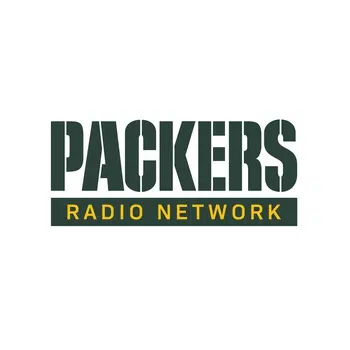By Balazs Koranyi, Francesco Canepa and Frank Siebelt
FRANKFURT (Reuters) – The European Central Bank will take a closer look at bank loans to lightly regulated investment funds and specialised lenders after the spectacular collapses of Archegos Capital Management and Greensill, top ECB supervisor Andrea Enria told Reuters.
Regulators have long worried about the rise of so-called shadow banking, or lending by entities outside the traditional banking sector that are not subject to the same scrutiny as the mainstream banks they often borrow from.
The area has come under sharper scrutiny following the demise this year of supply-chain lender Greensill and Archegos, a family office run by former Tiger Asia manager Bill Hwang.
Their collapse caused billions dollars in losses to international investment banks such as Credit Suisse though their impact on euro zone lenders was not material.
Enria said those cases should serve as a lesson for euro zone supervisors, who would now focus more on how banks in the bloc manage their exposure to entities that make leveraged and highly concentrated bets on financial markets.
“What concerns me the most is that sometimes banks themselves don’t have visibility on the portfolio of these entities,” he said in an interview.
Enria said banks would be judged based on how they complied with European Banking Authority guidelines.
These guidelines stipulate that exposures to shadow banks worth more than 0.25 percent of a bank’s capital must be added up and be subject to risk controls and oversight by management.
The ECB’s checks will start in earnest when COVID-19 travel restrictions are eased, allowing inspectors to move around more freely, Enria said.
“I think you can drill down into this kind of exposures much better if you’re on site, take the credit file and start to ask questions about the specific counterparts,” Enria said.
The ECB has already been taking a deep dive into bank loans to highly leveraged companies and Enria said there were still some inspections planned before that initiative could be completed.
Archegos’ meltdown was triggered when a company it was heavily exposed to, ViacomCBS, announced a stock offering in March, pushing its share price down and causing banks to demand that the family office post more capital against its position.
Greensill, which lent money to firms by buying their invoices at a discount and had a large exposure to steel magnate Sanjeev Gupta, collapsed in March when it lost insurance underpinning these deals.
(Editing by Pravin Char)




